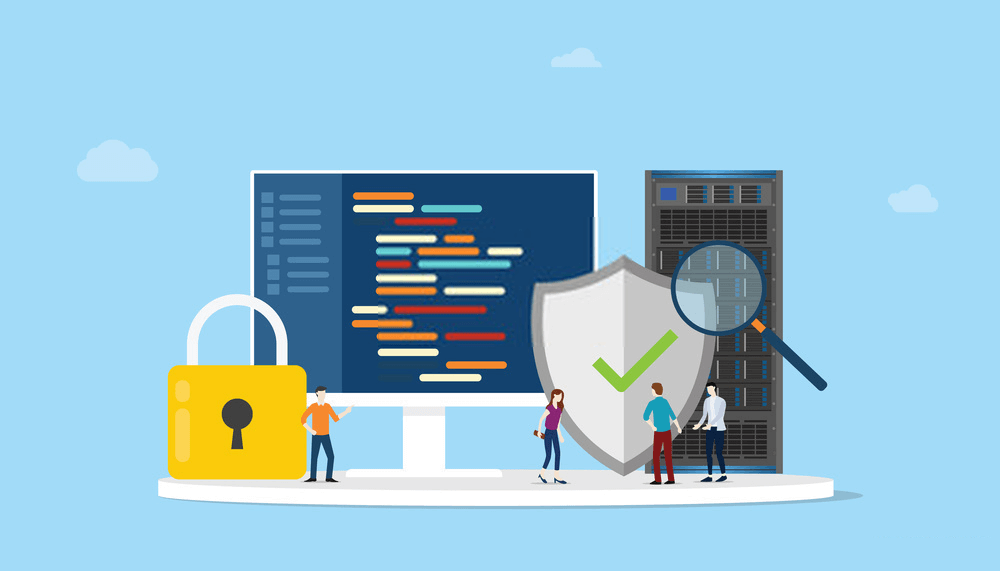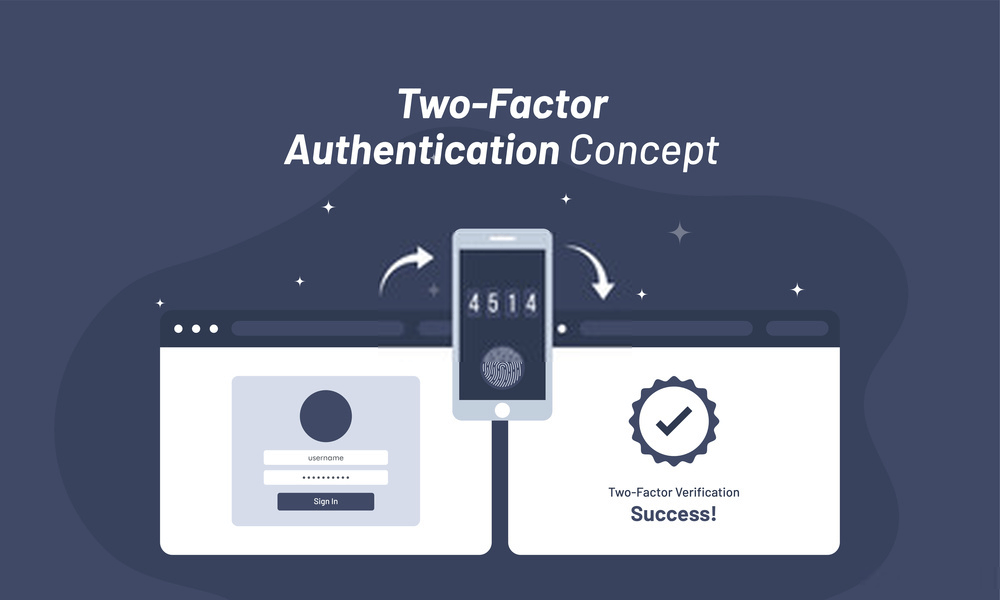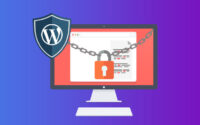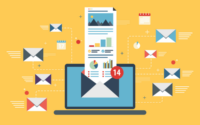7 Powerful Tips to Keep Your WordPress Website Secure in 2021
WordPress is a mainstream content administration framework enabling more than 30 millon of the dynamic sites on the web. Because of its ubiquity, a great deal of pernicious assaults have been accounted for on numerous WordPress destinations. Regardless, whether you have a business site or a blog, there’s no such exemption.

In the event that you are additionally having a site running on Word press and you are worried about its security, at that point we have a few hints on getting a site from potential hacking assaults. Here are some best tips to keep your site secure from security dangers:
1. Use a Custom WordPress Login URL
Since all WordPress sites have a default login page, numerous programmers may utilize a few hacking procedures to hack your site. There are numerous instruments accessible that can break the login username and secret word put away in a data set.
To save yourself from these sorts of assaults, you can utilize a custom login page to dispose of 99 million of the immediate beast power assaults.
2. Set a Complex Login Password
A many individuals set some straightforward passwords which are essentially simpler to figure. Add a few varieties to your login secret key with the goal that it gets hard to figure.
You can utilize a blend of Capitalized, LowerCase, and Uncommon Characters to make your secret word complex. You can likewise change your secret phrase consistently to keep your site secure.
3. Use Two Factor Authentication for WordPress Login

Utilizing Two Factor Verification on the WordPress login page is a decent measure to get your site. At the point when you utilize two-factor verification, you’ll need to enter a mysterious code each time you make a login endeavor. You will get the mysterious code on the Google Authenticator Application.
Thusly, you can shield your sites from any sort of unapproved login endeavors as the individual having your telephone can sign in to your site.
4. Change the Default Admin User
During your WordPress establishment, never set the Username as Administrator as it is inclined to beast power assaults. As a great many people keep this as the default username, it gets simpler for programmers to hack your site. All things being equal, you can utilize a custom username to keep your site secure.
There are a few modules accessible that can obstruct such login endeavors. iThemes is one such module that can be utilized to hinder unapproved login endeavors.
5. Choose a Reliable & Secure Hosting Provider
The least complex and the most ideal approach to pick a dependable facilitating supplier to have your site. Facilitating your site on a dependable worker will keep your information secure from programmers. A decent worker gives extra layers of safety to your site.
There are numerous dependable facilitating suppliers accessible on the web. A portion of the great names are Kinsta, PageLy, and Cloudways.
6. Don’t Use Nulled Themes and Plugins
Most bloggers like to utilize proficient subjects and modules as they include more customization alternatives than free topics. These subjects are created by exceptionally experienced engineers and aren’t accessible free of charge. Be that as it may, there are numerous sites giving nulled topics and modules.
As these nulled topics and modules are accessible for nothing, numerous bloggers utilize these nulled materials on their online journals. We do prescribe everybody not to utilize these subjects as they may contain some malevolent code that can annihilate your site.
7. Update WordPress Themes & Plugins
Each great item is being refreshed by its designers to make it more valuable. These updates are being made to fix the bugs and issues. Here and there, a topic or module may have a genuine security fix that can assist programmers with hacking your site.
In this way, we suggest you update the subjects and modules introduced on your WordPress site. Along these lines, you can keep your site secure from malevolent assaults.


